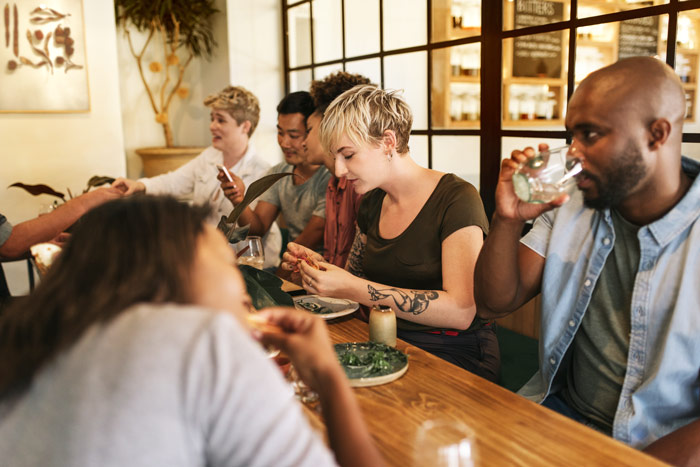Summer is just around the corner, and vaccinations for COVID-19 may make it possible to return to some of our regular summertime activities. That’s the good news.
Summer Doesn’t Have to Be a Bummer if You’re in Recovery
But if you are in recovery for alcoholism, summer activities can seem like bad news. There is beer at the backyard barbecue and beer at the ballpark. There are hard seltzers and hard ciders at every summer soiree. There are wine and cocktails to be enjoyed while dining outdoors and watching the sun go down.
It can seem like alcohol is unavoidable during the long, hot days of summer. And that can be a real challenge for someone in recovery. You need a plan—and we have some ideas.
First, Know Who Your Friends Are
One of the keys to maintaining sobriety is having a strong network of friends and family members who know what you have gone through and who want to help you. The great thing about a tight-knit group of friends is that you do not have to explain yourself when you turn down a drink—and they will have your back in situations that might involve temptations.
These are the people in your life who will not, for example, passive-aggressively sigh when you join them for dinner and then showily order a soft drink—sending the not-so-subtle message that hanging out with you dampens their good time. These are the people who will never say something like, “C’mon, one drink won’t hurt! It’s my birthday!” These are the people who will stand by you no matter what.
Having an honest discussion with your friends and family members about how they can support you and your sobriety is a great first step.
Next: Know Your Alternatives and Exit Strategies
If you are headed to a summertime neighborhood backyard gathering, you can do yourself a favor by bringing your own non-alcoholic beverage. This ensures that you will have something you like to drink, and it will also stave off the well-meaning folks who might otherwise offer to get you a beer or a seltzer when they notice you don’t have a beverage. You might consider bringing along some extra non-alcoholic drinks as a way to help normalize those options for others.
There may be times when your best option is to turn down an invitation to an event where you know there will be alcohol. If, for example, you have been under a lot of stress or have been feeling particularly sad or unsettled, it probably is not a great idea to hang out somewhere with easy access to alcohol. But you shouldn’t feel like you have to wallow at home, either. Get together with someone from your friend group who can help you through the rough patch.
Have an Exit Plan
It is also important to know how you will exit a situation that becomes problematic for you. Did you, for example, arrive at the gathering with someone who is now drunk and can’t drive? Has what you thought would be a low-key day at the ballgame turned into a rowdy, drunken party in the stands? Have you found yourself forced into a designated driver role for a group you didn’t realize was going to be drinking the night away?
Knowing your plan for getting out of these situations is important. Having rideshare or cab company contact info on your phone is probably a good idea. It is also important to think ahead so that you have the resolve to leave when things become uncomfortable for you. You are not responsible for anyone else in these situations. Your responsibility is to yourself and your sobriety, and thinking your exit strategies through in advance can help when difficult circumstances arise.
Third: Stick to the Program
In the summer, we often take a more relaxed approach to life. We schedule our vacations. Maybe our offices are closed on Fridays. We plan a full slate of weekend activities to take advantage of the weather and the light.
But this sense of increased relaxation does not apply to your recovery. It is important that you continue to do the things that support your hard-won sobriety. That may include regular attendance at 12-Step or other recovery program meetings. It may include continued work with a therapist who can help you manage depression, anxiety, or other mental health issues that can undermine your sobriety. It may include sticking to your meditation or journaling routine.
Long and short: Summertime is not the time to stop doing the things that support your ongoing recovery.
Summertime, or Anytime, We Can Help You Get and Stay Sober
If you are struggling with alcohol, it is time to get help. At The Aviary Recovery Center, we offer individualized care that includes medically supervised detoxification followed by a period of rehabilitation. In rehab, you will develop strategies and learn about ongoing resources that can help you launch your recovery journey with confidence. Our rehabilitation program includes both individual and group therapy sessions.
Our personalized approach to treatment means that we will listen to you, treat you with the respect you deserve, and support you as you reclaim your life.










